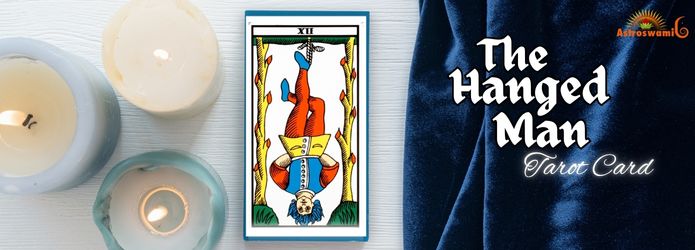
The Hanged Man Tarot card, numbered 12 in the Major Arcana, is one of the most spiritually profound and thought-provoking cards in the deck. With its image of a man hanging upside down, this card represents the power of surrender, the necessity of changing perspective, and the invitation to seek inner enlightenment. Though its symbolism can initially appear confusing, The Hanged Man offers us valuable lessons on patience, sacrifice, and the beauty of embracing a period of pause for deep personal growth.
This article provides a comprehensive exploration of The Hanged Man Tarot card, focusing on its symbolism, interpretations, and applications. We will delve into the card's significance in various aspects of life, such as relationships, career, and spiritual growth, as well as its meanings when it appears upright or reversed. Additionally, we will examine how this card’s message aligns with themes in astrology and numerology.
The Tarot deck consists of two main sections: the Major Arcana and the Minor Arcana.
The Major Arcana consists of 22 cards, each representing significant life themes, spiritual journeys, or transformative lessons. These cards capture the soul’s journey from innocence to wisdom, depicting important milestones along the path to self-awareness and enlightenment. The Hanged Man, being part of the Major Arcana, is associated with deep, often spiritual insights, and reflects moments in life where a shift in perspective or attitude is necessary.
The Minor Arcana, with its 56 cards divided into four suits (Cups, Pentacles, Swords, and Wands), focuses on everyday events, challenges, and smaller life details. The Hanged Man, as part of the Major Arcana, therefore speaks to broader life themes and lessons rather than daily situations.
The Hanged Man is unique within the Major Arcana for its focus on stillness, patience, and surrender to a higher perspective. Let’s explore the symbolism in more detail.
The Hanged Man Tarot card is filled with powerful symbols that reveal its deeper meaning. Let’s break down each aspect and uncover the messages they hold.
1. The Man Hanging Upside Down
The image of a man hanging upside down is the most defining feature of this card. Although the figure is in an unusual position, he appears calm, serene, and unbothered. This symbolizes the idea of relinquishing control and trusting in the greater forces of life. The upside-down position indicates a change in perspective, as the man is literally viewing the world from a new angle. It encourages the seeker to consider a different viewpoint or to see things in a way they might not have considered before.
2. The Halo Around the Man’s Head
The figure in The Hanged Man card often has a halo or a glowing aura around his head. This is a symbol of enlightenment and spiritual understanding. Despite his unusual and vulnerable position, the man has reached a state of clarity and peace. This glow signifies that the process of surrender and reflection can lead to profound insights and wisdom. The halo represents the idea that true understanding often comes when we step back, let go of our preconceived notions, and allow inner illumination to guide us.
3. The Tree or Beam
In many versions of the Tarot, The Hanged Man is depicted hanging from a tree or beam, which is sometimes referred to as the Tree of Life. This tree symbolizes growth, knowledge, and the interconnectedness of all things. In mythological and spiritual traditions, trees often represent grounding and wisdom, and hanging from it signifies that The Hanged Man has connected to a deeper level of awareness by placing himself in this position. It’s also a reminder that sacrifice and patience are often required for growth.
4. The Crossed Legs
The man’s legs are usually crossed in a way that forms an upside-down number 4. This number is associated with stability, structure, and order. However, because it is upside down, it suggests that the stability The Hanged Man finds is unconventional and may be achieved by embracing uncertainty. This posture is a reminder that true balance and inner peace are sometimes found when we break free from rigid structures and open ourselves to alternative paths.
5. The Calm Expression
The man’s calm, serene expression is essential to the card’s meaning. Despite his vulnerable position, he is at peace. This suggests acceptance and serenity, an invitation to let go of resistance and embrace stillness. His expression reinforces the idea that a state of calm acceptance can lead to greater clarity and insight.
The Hanged Man is a powerful card, often indicating that a period of waiting, reflection, or letting go is necessary. Unlike cards that suggest action, The Hanged Man encourages us to pause, reassess, and gain new perspectives. Let’s explore some of the primary themes associated with The Hanged Man.
1. Surrender and Letting Go
The Hanged Man teaches us the power of surrender. In life, we often try to control situations and force things to happen according to our desires. However, The Hanged Man suggests that there are times when letting go and surrendering to the flow is the best approach. By relinquishing control and accepting that we cannot influence everything, we open ourselves to new opportunities and insights.
2. Patience and Waiting
The Hanged Man is closely associated with patience and the need to wait for the right moment. It encourages us to embrace stillness and avoid rushing forward impulsively. This card can signify a time in life when things may feel stagnant or on hold, but rather than becoming frustrated, it suggests using this time for introspection and growth. The Hanged Man reminds us that patience can often lead to a better outcome than forcing immediate action.
3. A New Perspective
One of the most prominent themes of The Hanged Man is the importance of changing perspective. By turning his world upside down, the Hanged Man is able to see things from a different angle. This card urges us to question our assumptions, release fixed mindsets, and be open to new ideas or ways of seeing. When The Hanged Man appears, it’s often a call to consider alternative viewpoints, explore new beliefs, or look at situations with fresh eyes.
4. Sacrifice and Selflessness
The Hanged Man is sometimes interpreted as a card of sacrifice. It suggests that we may need to let go of something, whether it’s a belief, habit, or attachment, to achieve a greater sense of peace or understanding. This card can also indicate acts of selflessness and service to others. The Hanged Man invites us to consider how releasing attachments and acting for the greater good can lead to personal transformation.
5. Inner Peace and Enlightenment
The Hanged Man ultimately points toward inner peace and a deep level of self-awareness. It suggests that the process of surrender and stillness leads to a more profound sense of understanding. The halo around the man’s head symbolizes enlightenment and spiritual growth, and this card encourages us to trust that the answers we seek will come from within, once we release resistance and embrace a higher level of consciousness.
The Hanged Man’s interpretation in a reading depends on its position within the spread, as well as whether it appears upright or reversed. Let’s explore how this card functions in various aspects of life.
When The Hanged Man appears in the upright position, it generally suggests a period of pause, reflection, and letting go. The card invites the seeker to step back, reconsider, and allow events to unfold without force. The upright Hanged Man can represent:
In relationships, the upright Hanged Man may indicate that patience and understanding are needed, suggesting that things cannot be rushed. In career readings, it could point to a time of reassessment or even temporary stagnation, but with the promise that new ideas or opportunities will eventually emerge.
When The Hanged Man appears in the reversed position, it can signify resistance to letting go, impatience, or an unwillingness to see things from a new perspective. Reversed, The Hanged Man might suggest:
In relationships, the reversed Hanged Man might indicate that one or both partners are unwilling to make necessary sacrifices, resulting in stagnation or misunderstandings. In career readings, it may suggest a need to break free from a limiting situation but a reluctance to take the required steps.
In astrology, The Hanged Man is often associated with Neptune, the planet of intuition, dreams, and spirituality. Neptune’s influence aligns with The Hanged Man’s themes of surrender, introspection, and spiritual growth, as well as its call to let go of illusions and see the truth from a higher perspective.
Numerologically, The Hanged Man is connected to the number 12. When reduced (1 + 2), it becomes 3, a number symbolizing creation, growth, and expansion. This reduction reveals that, though The Hanged Man speaks of stillness, its underlying message is one of growth and enlightenment.
The Hanged Man Tarot card reminds us of the transformative power of patience, surrender, and introspection. By allowing ourselves to pause and see life from a new perspective, we open doors to wisdom and inner peace. This card is a profound teacher of letting go, trusting the process, and embracing a journey that ultimately leads to growth and enlightenment.

Many festivals are celebrated in India and Shardiya Navratri festival has a great historical background....
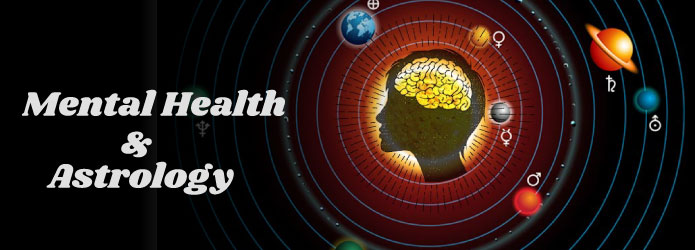
The mind is represented by moon, its placement, condition and afflictions in the birth chart. ...

Sawan Shivratri 2022 - Holy month of Sawan is going on. This month, Shivaratri is considered special....

Tirupati Balaji Temple is one of the richest temples located in Andhra Pradesh....
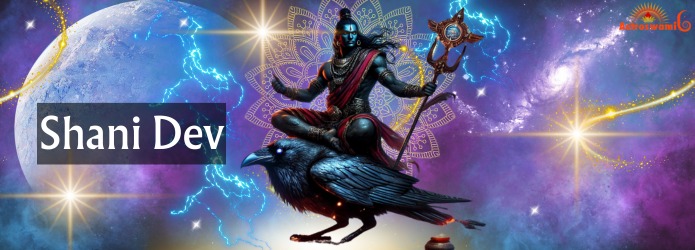
Shani Dev: Problems, Remedies, and Significance...
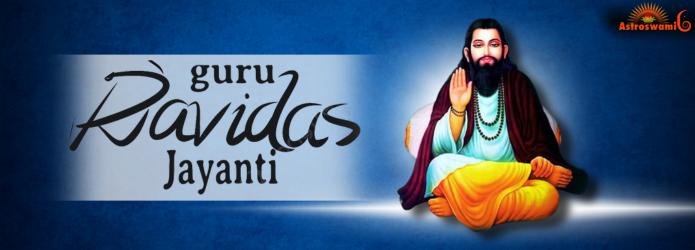
Guru Ravidas Jayanti is one of the most significant and celebrated occasions for millions of people, particularly within the Indian subcontinent. ...
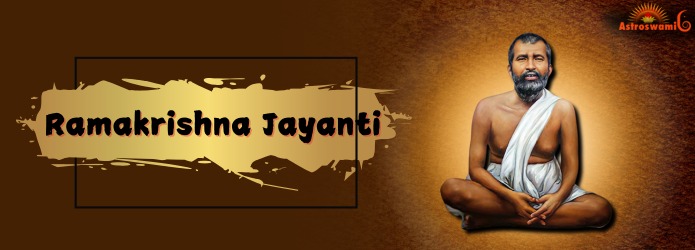
Shri Ramakrishna Paramahansa Jayanti is an auspicious occasion celebrated to honor the life and teachings of Shri Ramakrishna Paramahansa, ...
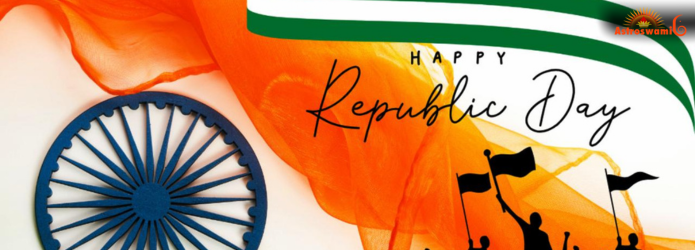
Republic Day 2025: A Glorious Celebration of India's Freedom and Constitution...